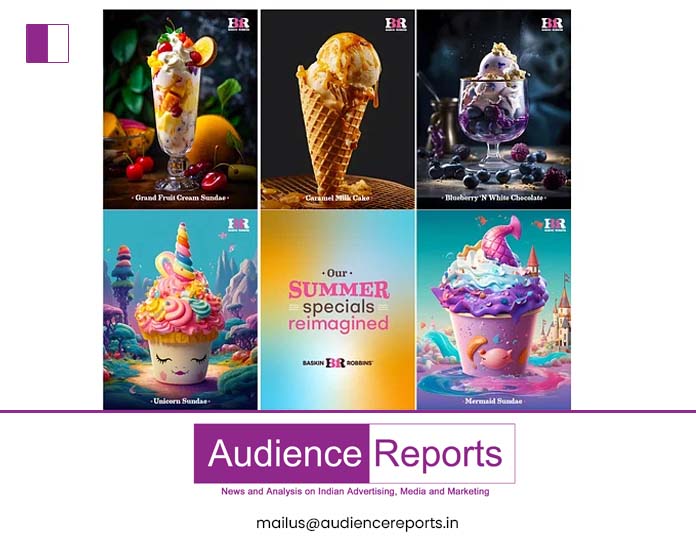Embracing Artificial intelligence (AI)-powered tactics doesn’t seem like an option anymore – it’s the new way of marketing now, says our guest author.
It’s often said that the future of marketing lies in the art of storytelling – how a brand decides to connect with its audience and tell its story, is how it will build its brand reputation. However, with a not-so surprising twist in this tale, is the wild card entry – artificial intelligence, fondly known as AI.
The use of AI and its role in the way business functions, isn’t news anymore. Over the last few years, with the outburst of the many opportunities that AI brings with it, there isn’t a single brand that isn’t using AI to amplify its business operations.
From a marketing perspective, AI has probably opened up newer avenues that one couldn’t have imagined before. Right from identifying the desired target audiences to creating personalised campaigns, AI is here to change the way brands look at their marketing strategies in the near future.
In today’s ever-evolving world, endless opportunities and transformative experiences are opening before us. It’s essential for all brands to continue to adapt and embrace emerging technologies and platforms. This, of course, keeps brands agile and helps to connect better with younger audiences, who typically are fast learners and early adopters of technology, in general.
If anything, AI has made marketing easier for brands. It helps understand what consumers want and then cater to their preferences accordingly. It can also help improve existing products, create new ones, and build better relationships with customers. Studying the market, consumer acquisition and retention, personalised and targeting advertising and predicting trends and consumer behaviour – all of these are easily solved using AI-driven marketing tools.
While we have spoken enough on the opportunities that AI brings to the table, we can’t ignore the challenges and some ground rules that need to be followed with it. Of course it helps brands to stay competitive and relevant, and is building the future of marketing, as we speak. However, it’s important to understand that AI, as the name goes, is artificial intelligence – which means it’s only going to tell you what it has been taught.
Brands need to understand that while we use AI to its best advantage, there has to be a considerable amount of human intervention to your marketing campaign creative and personalised for your target audience. Another important thing to highlight is that with almost every brand using AI, there’s a wide scope of plagiarism, leading to legal risks that aren’t addressed easily.
So, while AI empowers brands to make impactful marketing campaigns, it’s important for brands to maintain transparency and integrity of our consumers, and our own brand ethos in this data-driven world.
Recently, for the launch of a new summer lineup, Baskin Robbins embarked on an exciting and fun AI-based experiment. We collaborated with a well-known artist, who effectively communicated the USP of our new products in all their glory and drool, within the guidelines and ethos of the brand Baskin Robbins.
This collaboration allowed us to harness the unique capabilities of AI, while staying true to Baskin Robbins’ distinct identity. It turned out to be a fun fusion of technology and creativity, and honestly, we were quite overwhelmed with the AI generated creative output. The cherry on the cake was the overwhelming consumer response, which has been a clear blue tick for us to walk further on this path.
Having said that, I must say, going forward, it would be crucial for us to strike a balance. It’s important to acknowledge that over reliance on AI can have drawbacks too. It could stifle the creative contributions of the design and social media teams, and that could compromise the uniqueness of the brand. Also, it could be impersonal and worse, in some cases, resemblance with actual products may be limited and could lead to much disgruntlement at the ground level.
Embracing AI-powered tactics doesn’t seem like an option anymore – it’s the new way of marketing now. What’s yet to come can only be left to imagination. However, looking at how far we’ve come with AI, I’m sure the road ahead is going to be an exciting one.




































